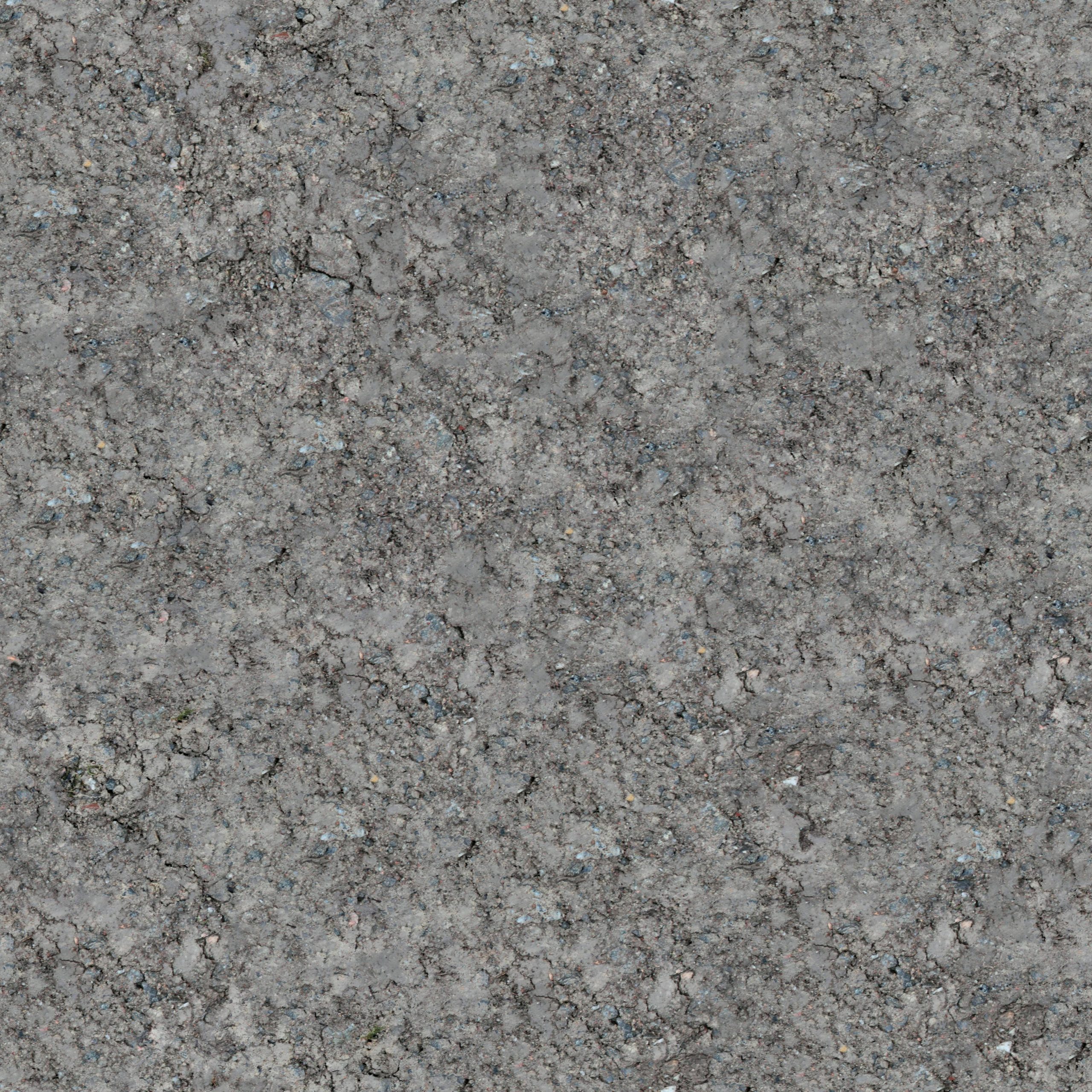295. AI Doesn’t Steal Our Jobs—It Reveals Many Were Just Middlemen All Along
The Truth About AI: Embracing Change and Recognizing the Evolving Job Landscape
As the conversation around artificial intelligence (AI) intensifies, a pervasive fear has emerged: the belief that AI technology is poised to eliminate jobs across various sectors. However, it’s crucial to take a step back and examine the nature of many positions that currently exist in the workforce.
The reality is that a significant portion of jobs have historically served as intermediaries—those that primarily involve processing paperwork, managing communication, or facilitating transactions between decision-makers. Rather than fearing the rise of AI, we might need to confront a more fundamental issue: the transformation of traditional roles and the stark revelation of just how many functions were merely transient links in a larger process.
This shift prompts an important question: Are we truly afraid of AI, or are we grappling with the reality that many roles are being redefined? As we embrace this technological evolution, we have the opportunity to redefine our contributions to the workplace, moving beyond middleman positions to engage in more dynamic and impactful roles.
The introduction of AI into our professional landscape could be seen not as a threat, but as an invitation to innovate and enhance the human experience at work. By recognizing these changes, we can adapt and leverage our unique capabilities—creativity, empathy, and critical thinking—while allowing AI to handle repetitive tasks.
In moving forward, let’s not focus on what jobs may be lost, but rather on the potential for growth and the creation of new roles that foster collaboration between humans and technology. Embracing this shift encourages a culture of resilience and adaptability, laying the groundwork for a robust and future-ready workforce.
As we venture into this new era, acknowledging the truths about the jobs we hold can empower us to navigate change with confidence and optimism.














Post Comment